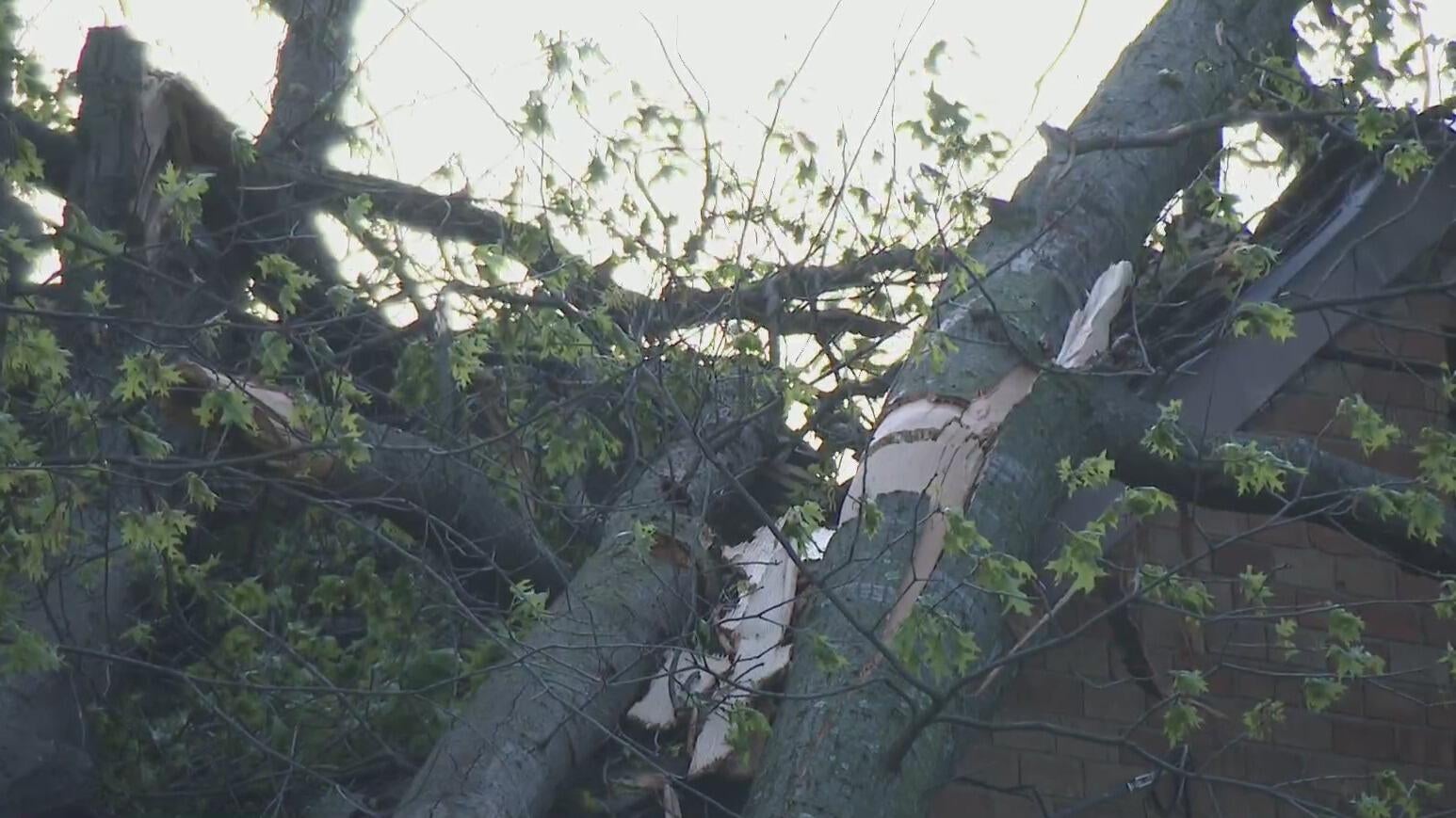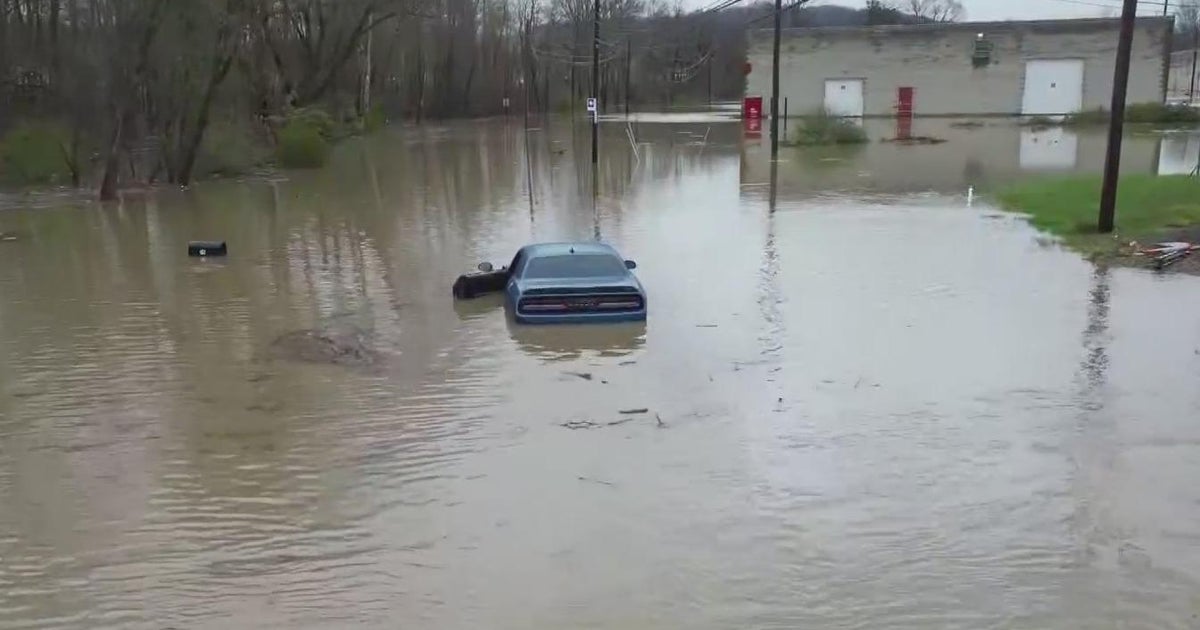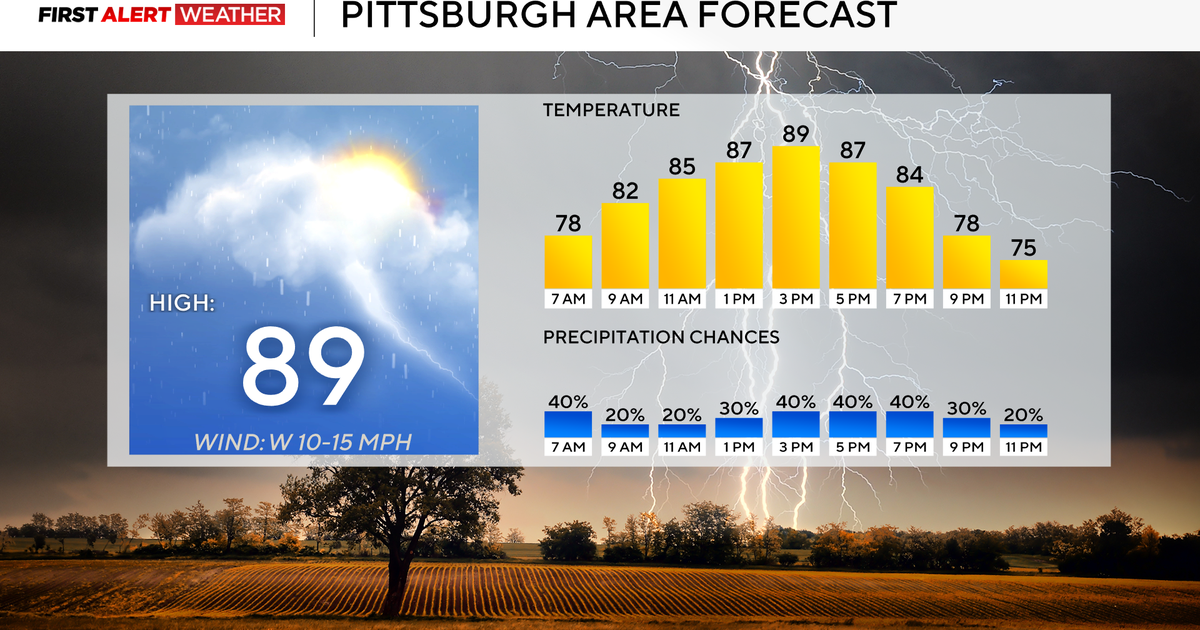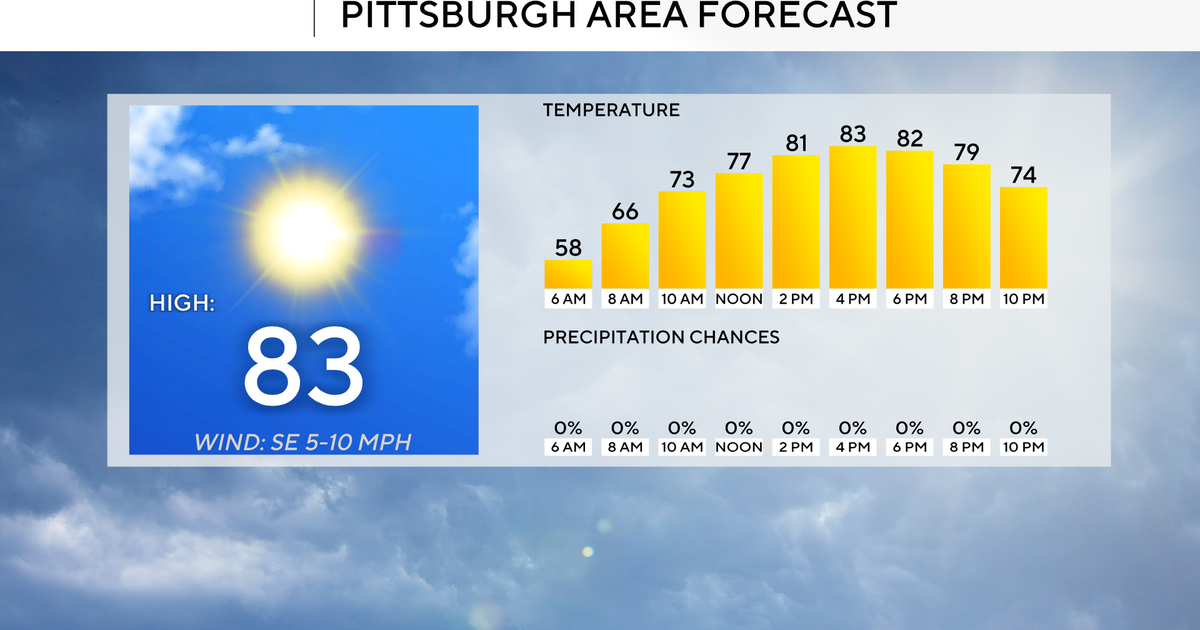Pittsburgh leaders hold hearing on emergency response and readiness for severe weather
The intense windstorm that hit western Pennsylvania in April is still on the minds of Pittsburgh officials and emergency responders.
They met for a hearing on emergency response and readiness on Wednesday, when they discussed the challenges they faced and what they're hoping to improve before the next severe weather event.
Some emergency officials said what swept through the Pittsburgh region on April 29 was the worst storm they've seen in their careers. The system caused widespread power outages, and many lasted for days.
"This storm really only lasted about 10 minutes, was really the duration of this storm to do all this damage," said Alan Hausman with Pittsburgh's Office of Emergency Management and Homeland Security.
Pittsburgh City Councilwoman Erika Strassburger, who called for Wednesday's hearing, said it was an opportunity to understand how the city prepared, how it responded, what challenges it faced, what lessons were learned and what improvements are necessary moving forward.
Emergency leaders shared some problems they faced, including safety concerns with power lines down in fallen trees.
"We could not send [Department of Public Works] units out to those areas to start clearing those trees until we knew for a fact that they were deenergized," said Adam Ameel, Pittsburgh's Deputy Emergency Management coordinator. "And it's not just a matter of knowing that they're denenergized, but they're coordinated with Duquesne Light, so they're not reenergized while they're working on them."
Phone systems were also clogged that day.
"There was mention that our 911 operations were not operational that day, which couldn't be further from the truth. We were completely operational. What had happened was the immense call volume that came through in such a short amount of time overwhelmed the state's 911 phone system, and I've conferred with PEMA about this," Allegheny County Emergency Services Chief Matthew Brown said. "We saw over 6,700 calls for service to Allegheny County 911 in an hour. One minute in that hour, we saw over 1,000 calls."
There were also high numbers of people needing oxygen.
"This medical-grade oxygen caught us all off-guard, not thinking that over the years so many people who were reliant on oxygen have converted to these electrically-driven oxygen generators," Brown said.
"We got a tremendous number of calls of people who were losing their oxygen concentrators. They weren't functioning, they didn't charge their batteries the day before, they had oxygen in those but didn't have regulators for them. What we were able to do was take the oxygen we keep in our mass casualty unit, immediately get those out to those folks and put a rapid response unit together," Hausman said.
Officials said they also dealt with power outages at city facilities.
"Some of the things that we think we can improve on, one, is hardening the city's facilities. We had fire departments and fire stations, EMS stations, and police stations out of power for an extended amount of time," said Pittsburgh Bureau of Fire Chief Darryl Jones, who is also the city's emergency management coordinator.
"We're developing a plan for how we can improve that, whether it is a mission-ready package that we deploy generators to those facilities, or we have actual built-in generators," Pittsburgh's Director of Public Safety Lee Schmidt said.
Chief Jones said they did a complete after-action review to identify what worked well and what needs improvement; and they'll be working to make those improvements for the next bad storm.
"The goal of this hearing is not only to learn from the storm but to build a stronger, more resilient city and system that protects all Pittsburghers, particularly our most vulnerable neighbors," Strassburger said.
Strassburger told KDKA the last portion of the meeting focused on future planning and next steps. She also said Chief Jones would be sending the post-event report to council, clarity around internal communication with council before and during an emergency, and possible emergency preparedness training for council members and staff.
Strassburger said Councilwoman Barb Warwick has called for a separate post-agenda hearing about Duquesne Light's response, and that'll happen at a later date.




